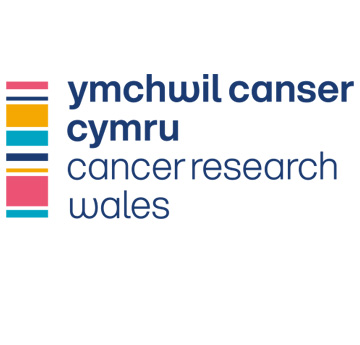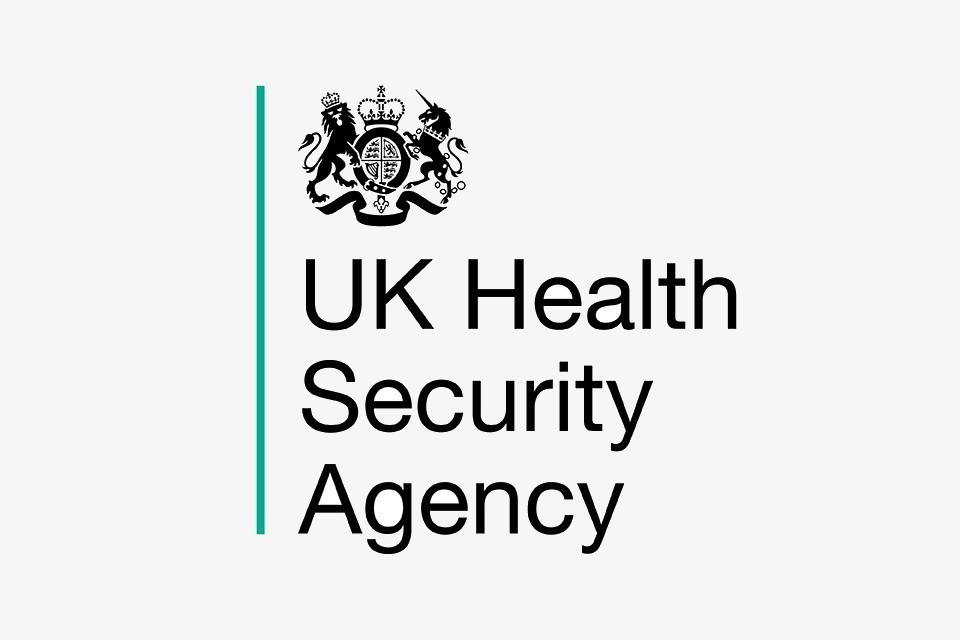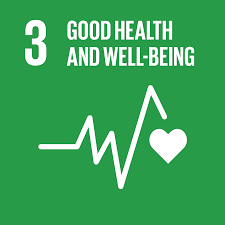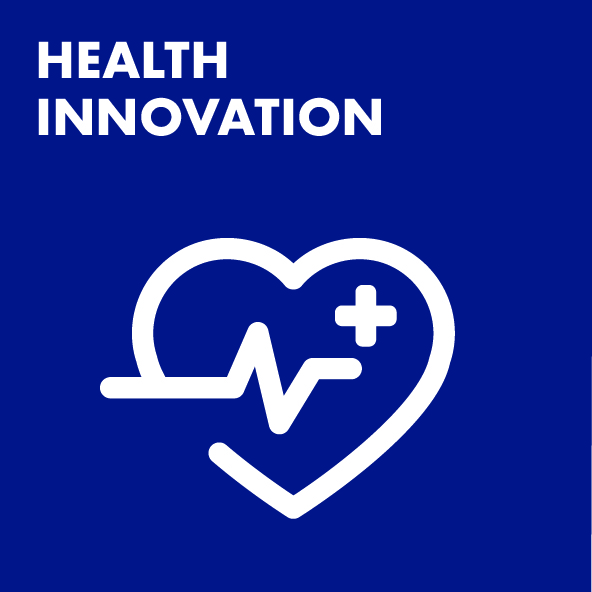The Challenge
The current heavy burden of cancer and the impact that a cancer diagnosis has on a patient and their family, is a major challenge affecting all parts of the world, with one in two people likely to get cancer in their lifetime. Cancer is mainly caused by mutations in DNA with exposure to certain chemicals (carcinogens) increasing the number of these mutations and increasing our risk of developing cancer. But can we protect ourselves from cancer causing chemicals?
A better understanding of the nature of carcinogenesis is vital to develop new approaches to monitor cancer, to treat cancer and (more importantly) to prevent cancer from occurring. With a longstanding interest in this field Professor Gareth Jenkins is testing carcinogens for DNA damaging properties which lead to DNA mutation and increase cancer risk.
The Method
In the last 20 years, Professor Gareth Jenkins and his colleagues at Swansea University have been at the forefront of developing new approaches to studying DNA damage induction and interpreting the real risks posed by human exposure to carcinogens. They are keen to develop state-of-the-art cell-based tests for DNA damage and carcinogenicity to avoid the unnecessary use of animals in safety testing, which is often the default approach.
Professor Jenkins and his team are studying the mechanisms surrounding DNA damage induction and how chemicals (and physical agents like radiation) cause damage to DNA and how our cells have evolved systems to protect themselves against this.
Their research is investigating the induction of DNA damage and mutation in individual people and how this relates to their exposure to chemical carcinogens, either as a result of occupational exposure, environmental exposure or exposure through diet and lifestyle.
Using blood-based approaches, studying DNA mutations in human blood cells, the team are monitoring individual human mutation levels to study the variation in human mutation, correlated with individual exposure scenarios.
The Impact
By identifying carcinogens more efficiently and by assessing an individual’s risk of cancer through personalized mutation monitoring, we can effectively reduce global exposures to carcinogens. This will lead to a global impact in reducing the burden of cancer in future generations across the world.
Professor Jenkins's research into sophisticated cell-based approaches for carcinogen identification has influenced regulatory policies for safety testing of pharmaceuticals and other compounds from other chemical sectors (food stuffs, consumer products, industrial chemicals).
Blood-based detection of DNA mutations is the future of cancer diagnostics and is being deployed to both assess individual carcinogen-exposures and study patient responses to therapy. These blood-based approaches can unpick the variations in human mutation rates, identify high risk carcinogen exposures and be employed to monitor risk of carcinogenesis in longitudinal biomonitoring studies.














